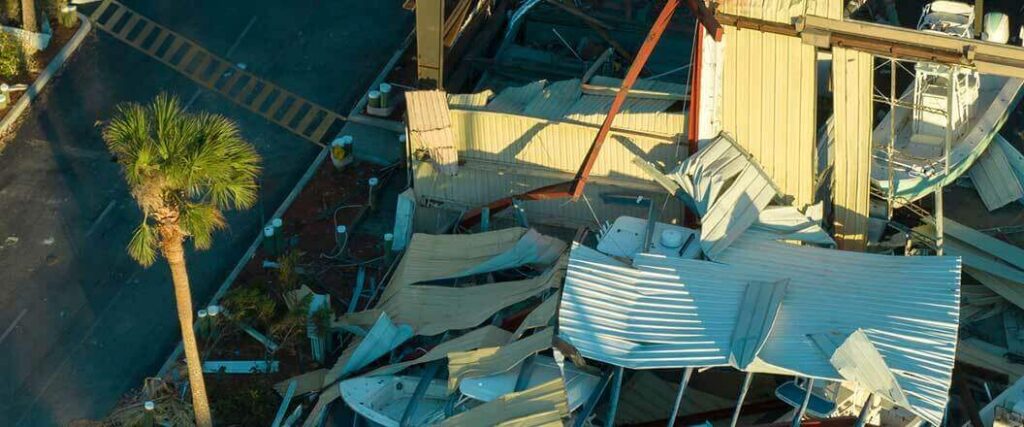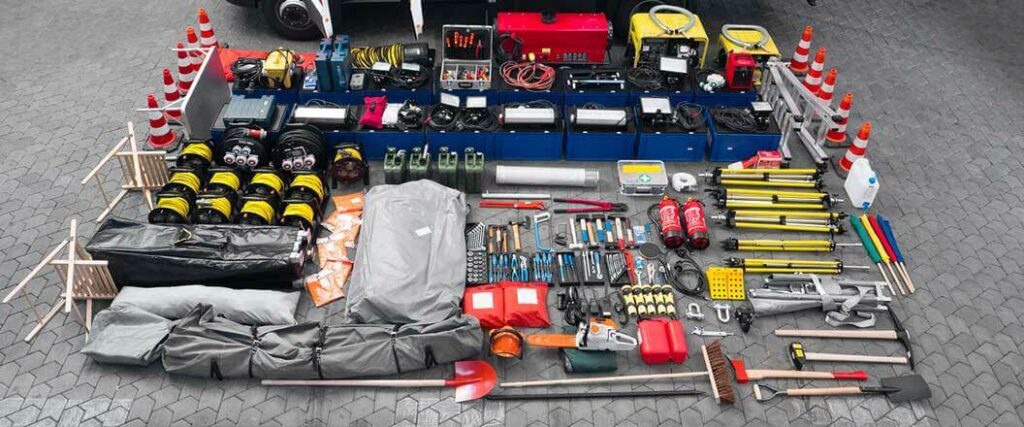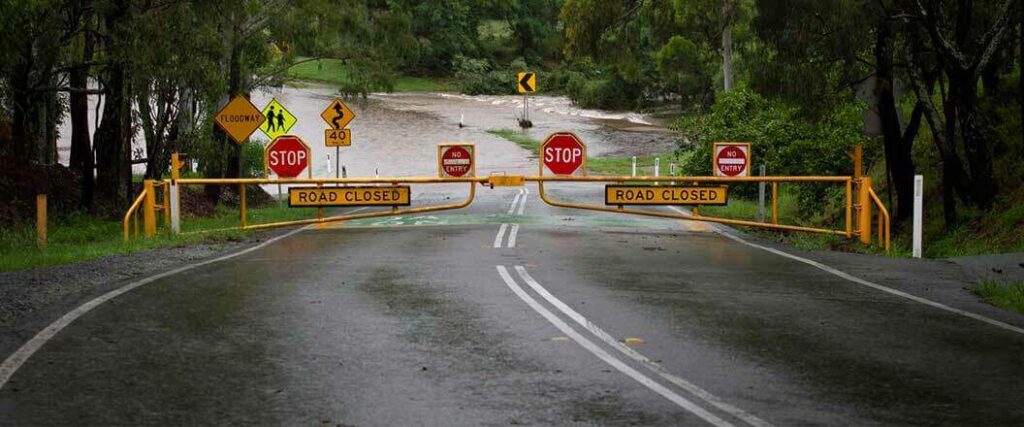



Hurricane preparation for business means protecting your operations from some of nature’s most dangerous storms. Hurricanes cause challenges that range from minor disruptions to major damages. You may find your business isn’t prepared to bounce back quickly from such difficulties.
Key Takeaways
In this article, we'll walk you through several steps to protect your assets, employees, and continuity during a hurricane. Join us to learn how your business can weather any storm.
Be Prepared for the Worst Mother Nature Has to Offer. Call us at (855) 420-9447 or Contact EML Online Today!

Hurricanes pose great risks to businesses, threatening structures and inventory. It's crucial for companies to understand these risks and put strategies in place to overcome them.
Good preparation protects physical assets and business processes. With a plan in place, a business can recover as quickly as possible from the aftermath of a severe storm.
Take a look at our piece on hurricane recovery statistics for more insights into these damaging storms.
Hurricanes affect businesses in several ways, which range from immediate to long-lasting repercussions. The most direct impact is usually damage to business premises.
With high winds and heavy rainfall, hurricanes can cause:
These storms can also disrupt routes and supply chains. Ports may close, and some roads can become impassable. This can delay the delivery of products and services regardless of your business’s location.
The extent of business damages caused by climate disasters is illustrated in the following table.
| Year | Total Losses |
| 2018 | $205 billion |
| 2019 | $205 billion |
| 2020 | $240 billion |
| 2021 | $305 billion |
| 2022 | $260 billion |
Source: reuters.com
While these numbers account for extreme weather in general, a large chunk of losses was caused by hurricanes. These powerful storms are like a buffet of natural disasters. As such, hurricanes don’t just bring high winds and rain. Floods, tornadoes, and mudslides can occur as well.
The short list of damages hurricanes can cause to businesses includes the following calamities.
These impacts show the importance of effective hurricane preparation. Without it, businesses lack safeguards to ensure continued service after a major hurricane.
Find detailed information about inventory protection during storms in this guide.

Preparing for a hurricane can be divided into short-term and long-term measures. Each plays a vital role in safeguarding businesses from hurricane damage.
First, let’s quickly clarify what differentiates hurricane warnings and watches.
If the National Weather Service issues a hurricane watch or warning in an area of concern, have the following short-term strategies ready to use.
Before a hurricane threatens your business, these long-term steps are also helpful.
These short-term and long-term measures can reduce the impact of hurricanes and let businesses quickly return to normal operations.
A continuity plan helps small business owners quickly resume operations after a hurricane. This plan should include strategies and procedures specifically designed to address the threat a hurricane poses.
Here are some general steps that should be included in such a plan:
By including these steps in a business continuity plan, a company can be better prepared to face a hurricane. This will minimize potential damages, ensuring a quick return to normal operations.

An emergency supply kit for businesses is an important part of hurricane preparedness. Items in this kit should help maintain operations and ensure employee safety during and immediately after the storm.
There are plenty of lists that include first-aid kits, flashlights, and batteries as essentials. As a business, these items will be helpful, but you’ll need more to push through the aftermath of a hurricane.
Examples of emergency supplies for a business include:
To store and maintain these supplies, consider partnering with an emergency logistics provider.
If your business is one that must stay in operation during a storm, perhaps providing a critical service, also consider things such as portable cots and emergency food supplies. These can be used by individuals staying to run operations.
Looking for alternate suppliers? Find out how to access alternative sources for necessary goods and materials.

Whether you’re bringing in emergency supplies or trying to keep your inventory topped off, post-hurricane supply chains are a huge challenge. With roads closed and property damages piling up, disasters compound the inherent difficulties of logistics.
Businesses who want to keep the supply chain moving after a hurricane strikes must prepare in advance. To help you make those preparations, we’ve put together this guide to managing supply chain continuity during a natural disaster.
Depending on the location of your business, hurricanes may be unavoidable during certain times of year. The storms themselves can’t be stopped: however, much of the damage they do can be reduced with careful planning.
Emergency Management Logistics has the vehicles, experience, and distribution network businesses need during a disaster. No matter what kind of natural or manmade catastrophes your business might need to endure, trust us for assistance with:
Call our team of experts at (855) 420-9447 or contact us online today. We’re standing by to help you and your business ride the storm out.